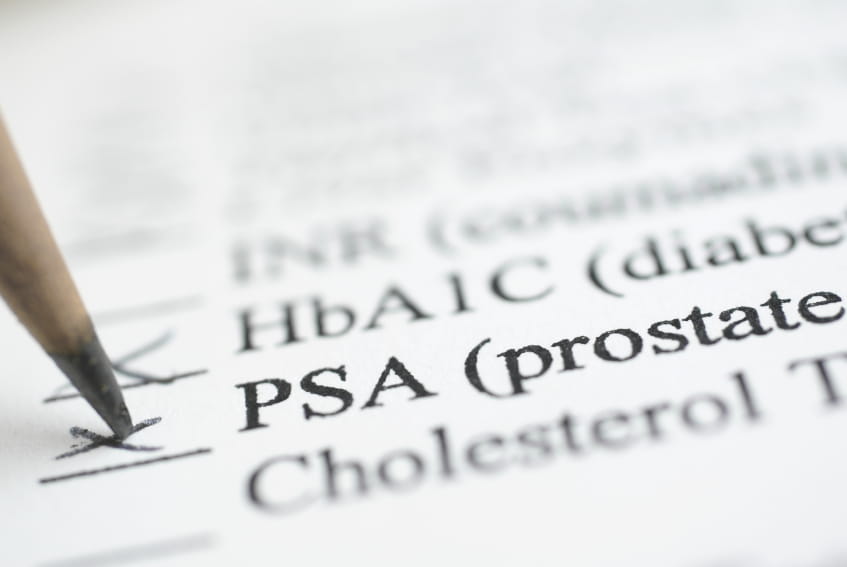Should you be screened for prostate cancer?

But, in recent years, there has been much controversy surrounding prostate cancer screenings. Professional organizations, including the United States Preventative Services Task Force (USPSTF) and the American Urological Association, offer differing recommendations on the same issue: Should men be screened for prostate cancer?
“Prostate cancer screenings are not bad for your health, but there is some concern about it being an unnecessary screening, as some prostate cancers never spread beyond the prostate and a cancer diagnosis may create unnecessary anxiety among men,” explains David McGinnis, MD, urologist at Bryn Mawr Hospital. “For some men, knowing is better than not knowing, but there is still no definitive clinical answer as to whether every man should be screened for prostate cancer.”
Although organizations like the USPSTF, American Urological Association, and American Cancer Society are beneficial for providing guidelines for screening recommendations, Dr. McGinnis says the decision about whether to be screened for prostate cancer is one that is best made with your physician.
“There are a number of factors that go into determining whether or not a screening is right for you, including age, genetics, race, family history and health. The key age group where healthy men should seriously consider screening is age 55-70. There is no one-size-fits-all ruling for prostate cancer screenings, which is why the first step is a conversation with your physician,” he says.
Types of prostate cancer screenings
If your physician recommends a prostate cancer screening is best for you, there are two commonly used tests to screened for the disease: a digital rectal exam (DRE) and a prostate specific antigen (PSA) test.
A digital rectal exam is typically done during an annual physical or if you are experiencing symptoms of prostate cancer. The physician inserts a lubricated, gloved finger into the rectum to feel for lumps or other abnormalities, and also to feel for the size of the prostate.
A PSA test is a simple blood test that measures the levels of PSA in the blood. PSA levels are typically higher in men who have prostate cancer, but an elevated level is not necessarily indicative of cancer. Factors like medications, an enlarged prostate, and infection can also affect PSA levels.
“Just as abnormal mammography results don’t indicate breast cancer, elevated PSA levels don’t indicate prostate cancer,” says Dr. McGinnis. “If your PSA levels are persistently abnormal with additional testing or there are other worrisome symptoms that arise in addition to elevated PSA levels, like a suspicious lump, then your physician may discuss further evaluation with a biopsy.”
If you have questions about your risk for prostate cancer or whether prostate cancer screenings are right for you, make an appointment with your physician to discuss your questions.